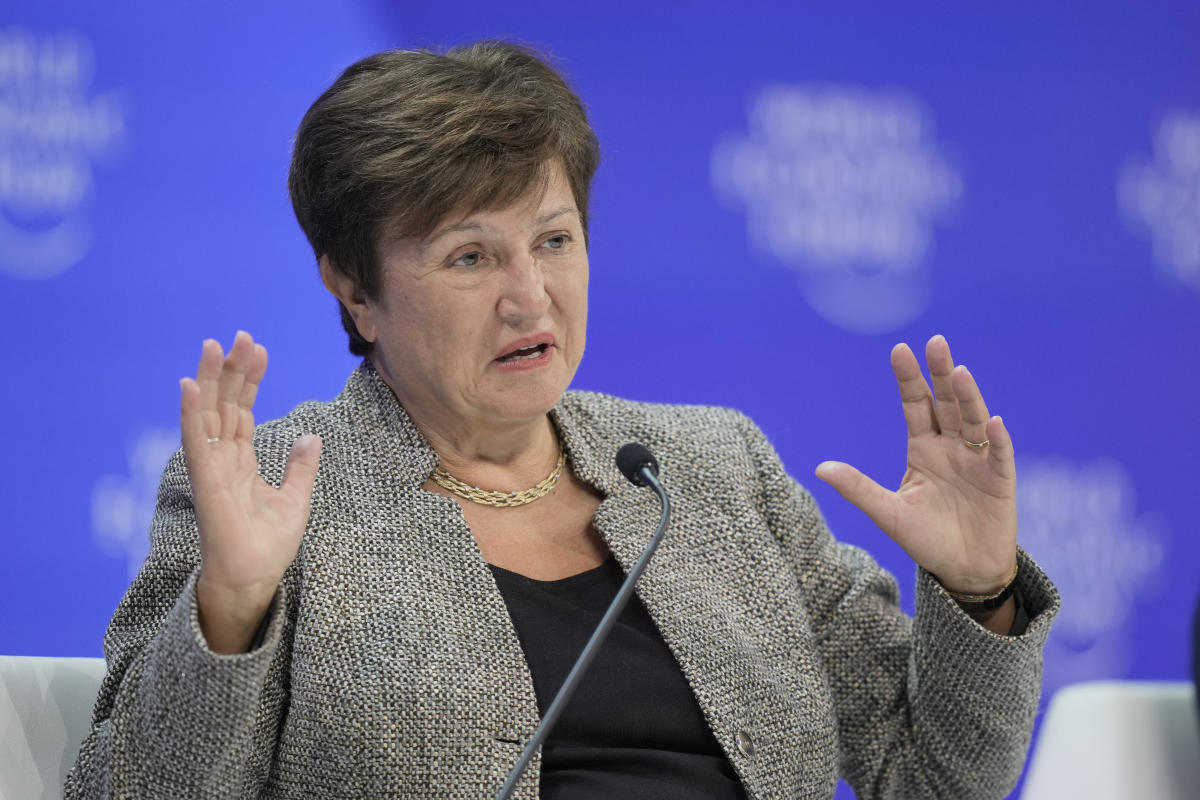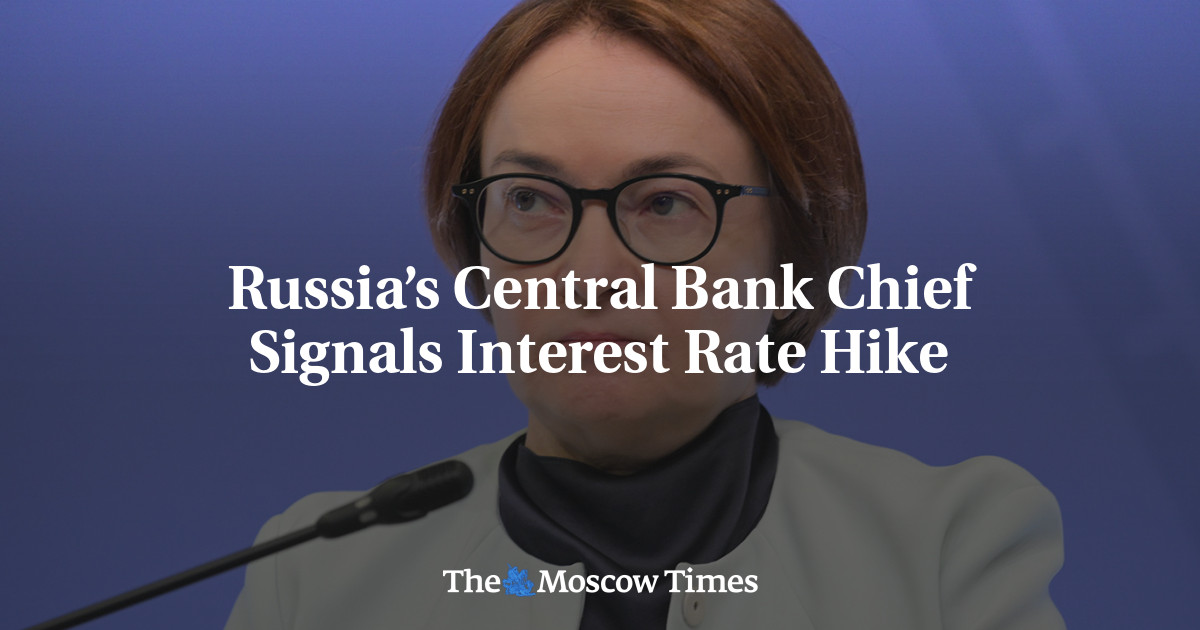During the annual meeting of the International Monetary Fund (IMF) and the World Bank, IMF head Kristalina Georgieva expressed her concerns about the current state of the global economy. Despite facing challenges such as high interest rates and ongoing conflicts in Ukraine and Gaza, Georgieva noted that the world economy has shown remarkable resilience. However, she cautioned that there are still issues to be addressed, including persistent inflation and rising government debt levels.
Inflation has been a significant concern for Georgieva, who highlighted that although it has decreased slightly, it has not completely disappeared. She pointed out that in the United States, strong economic growth has made it challenging to bring inflation down quickly. Additionally, Georgieva warned that global government debts have been steadily increasing since 2019, reaching 93% of global economic output in 2021 compared to 84% before the pandemic.
To address these challenges, Georgieva urged countries to improve their tax collection and public spending efficiency. She emphasized the importance of building fiscal resilience to prepare for future shocks. The IMF recently revised its global economic growth forecast to 3.2% for 2024 and 2025, reflecting a modest upgrade from previous projections.
Despite the overall strength of the world economy, Georgieva highlighted some factors contributing to sluggish global growth. She pointed out low productivity gains due to inefficiencies in matching workers with technology and prolonged periods of low interest rates’ impact on business competitiveness. Georgieva also mentioned demographic trends such as aging labor forces as a factor limiting economic dynamism.
In contrast, Georgieva praised the United States for its higher productivity gains compared to Europe. She attributed this to factors such as a more supportive regulatory environment for innovation and lower energy costs. Georgieva suggested that countries could boost their economies by reducing bureaucratic barriers and increasing female participation in the workforce.
Overall, while there are still challenges ahead for the world economy, Georgieva remains optimistic about its future prospects if countries can address these issues effectively through sound fiscal policies and innovative solutions.



